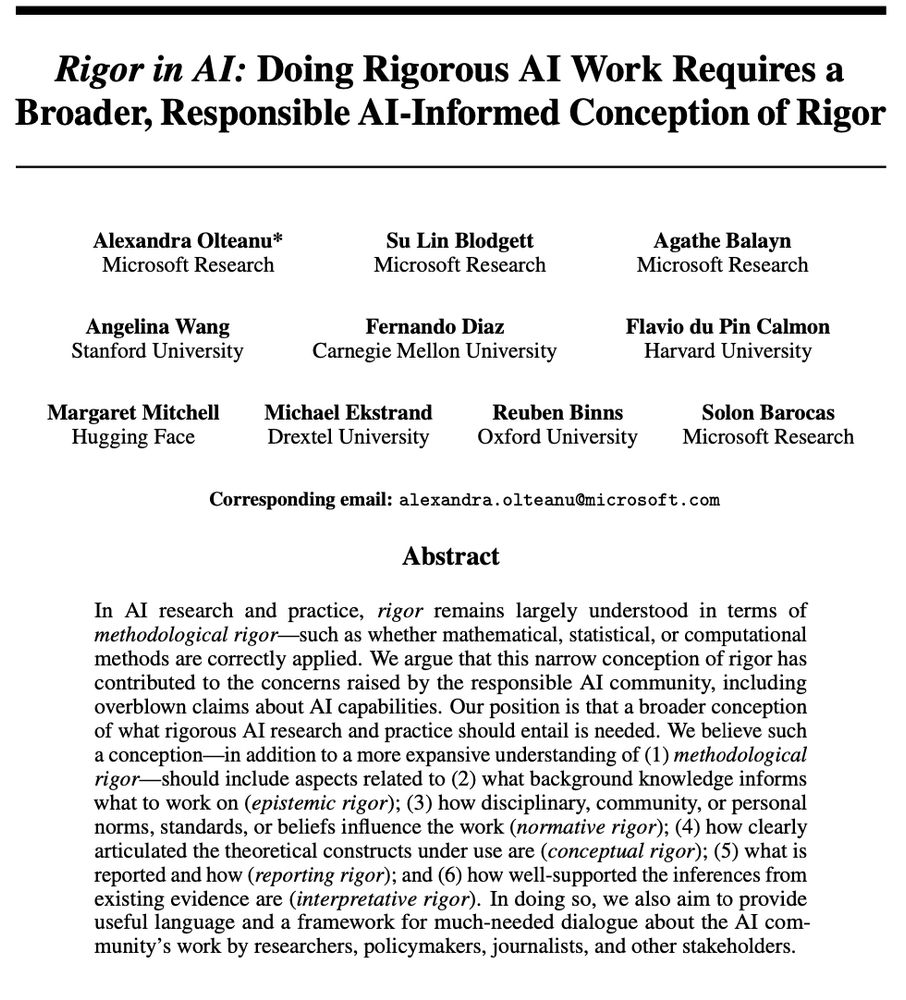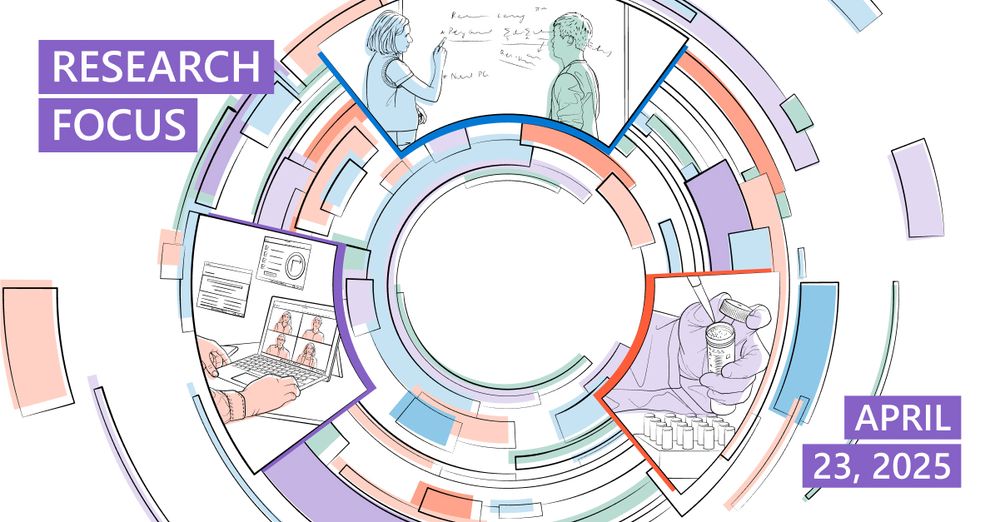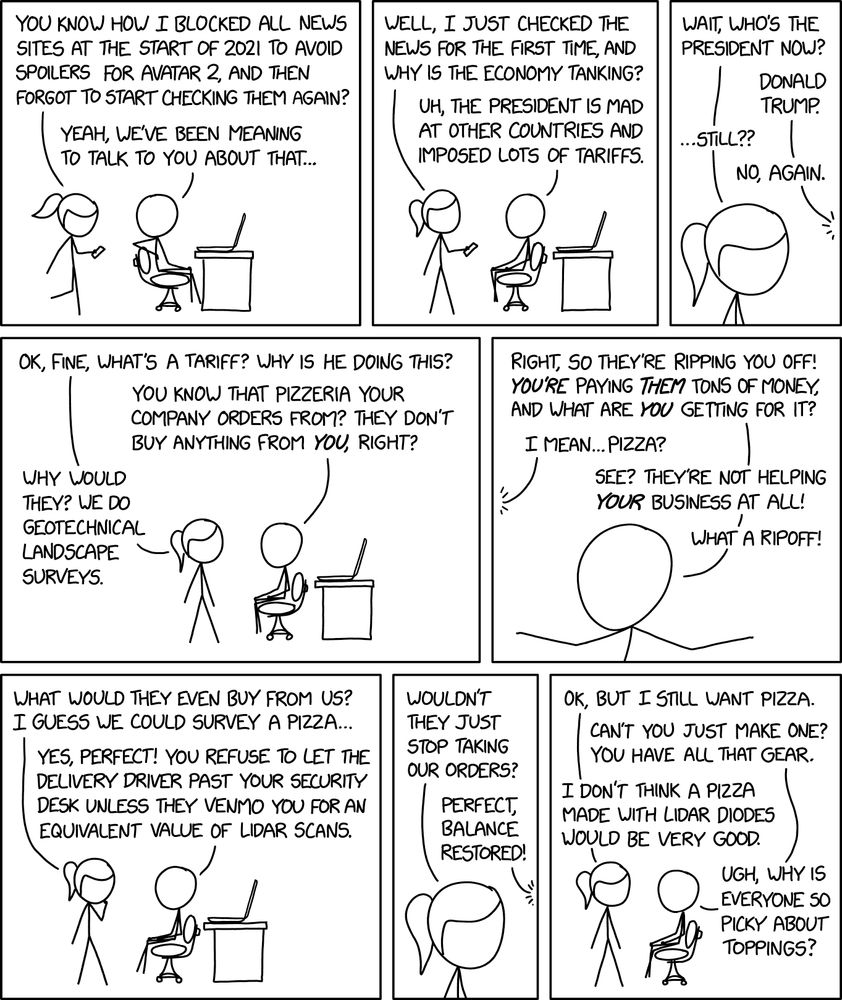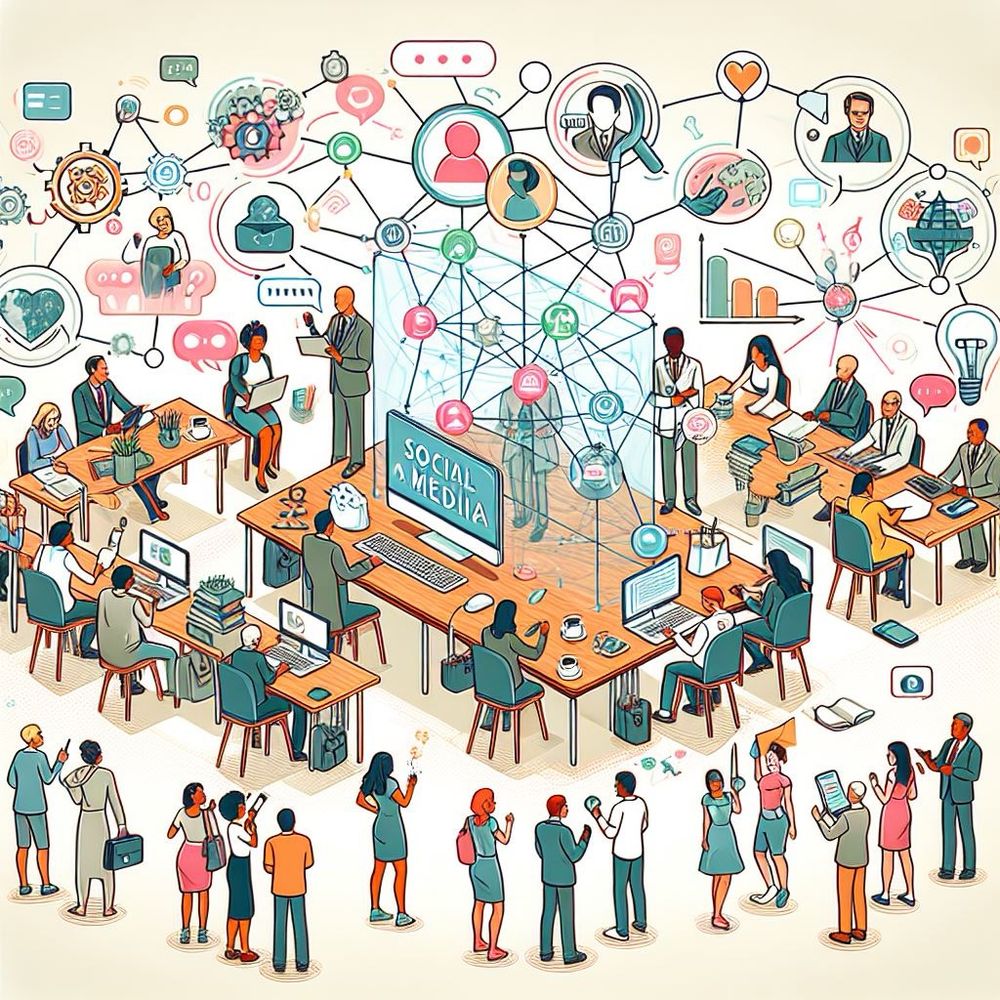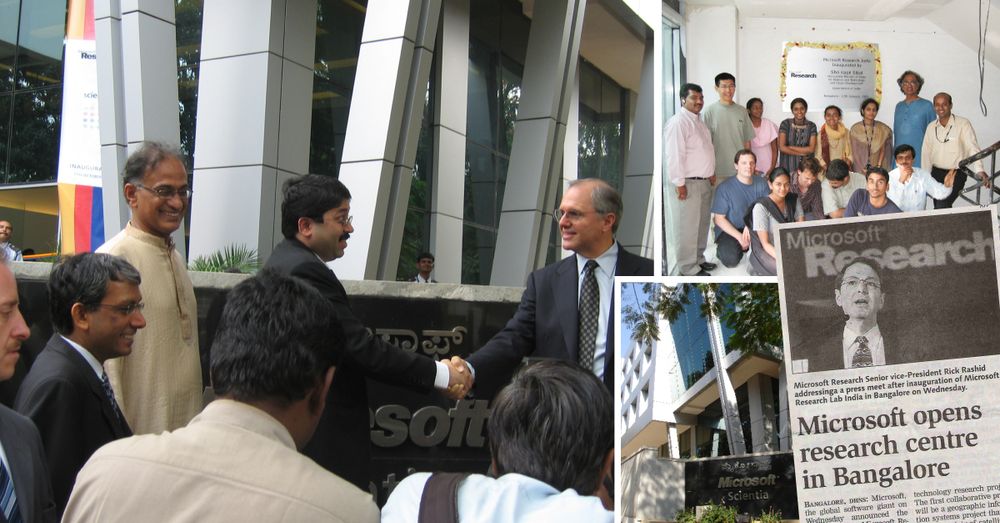Emre Kıcıman
@emrekiciman.bsky.social
880 followers
330 following
18 posts
causal ml; ai+society; social media, comp social science. having fun.. my opinions. he/him. http://hci.social/@emrek
Posts
Media
Videos
Starter Packs
Reposted by Emre Kıcıman
Emre Kıcıman
@emrekiciman.bsky.social
· Jul 8
Emre Kıcıman
@emrekiciman.bsky.social
· Jun 27
Reposted by Emre Kıcıman
Reposted by Emre Kıcıman
Reposted by Emre Kıcıman
Reposted by Emre Kıcıman
Reposted by Emre Kıcıman
Emre Kıcıman
@emrekiciman.bsky.social
· Apr 11
Reposted by Emre Kıcıman
Emre Kıcıman
@emrekiciman.bsky.social
· Feb 17
Reposted by Emre Kıcıman
Reposted by Emre Kıcıman
Reposted by Emre Kıcıman
Reposted by Emre Kıcıman
Jeff Dean
@jeffdean.bsky.social
· Feb 9
